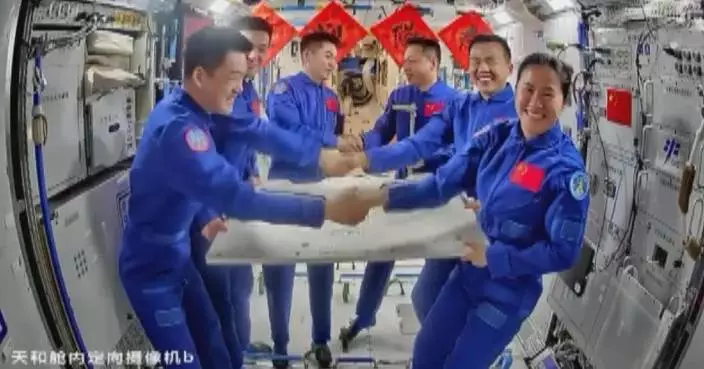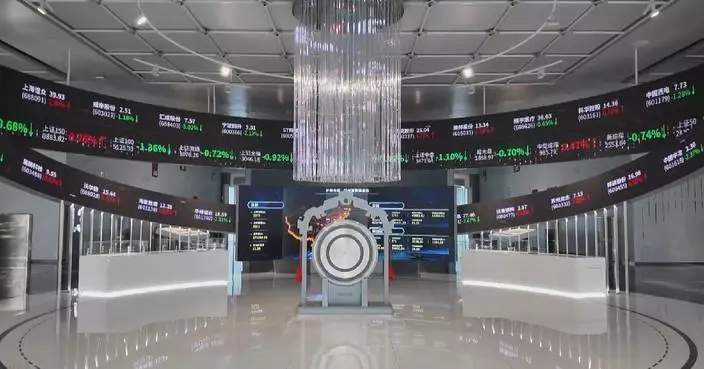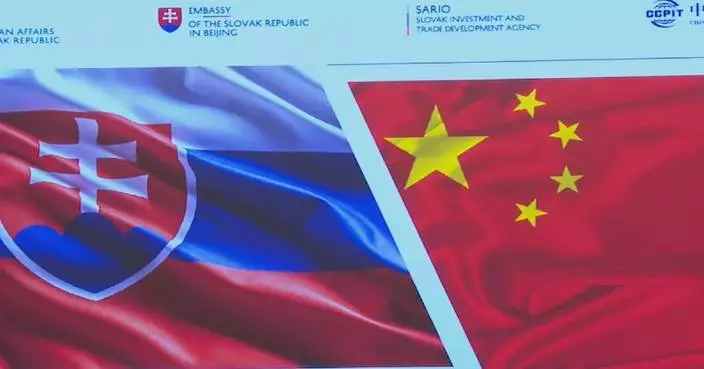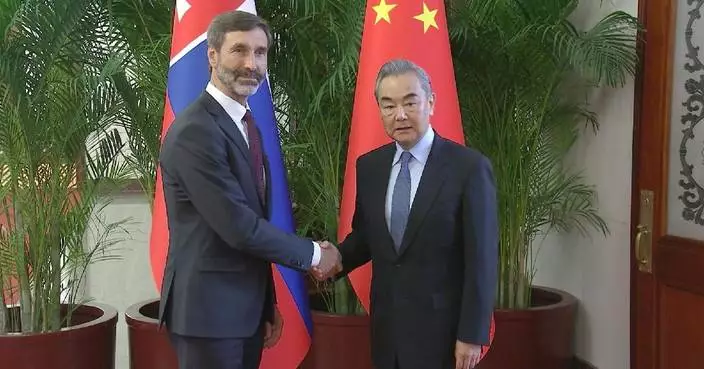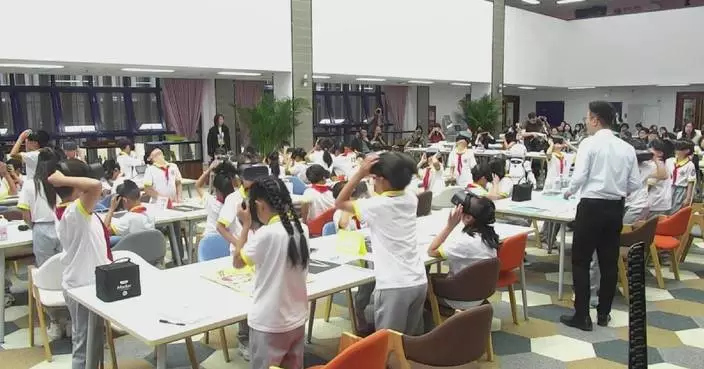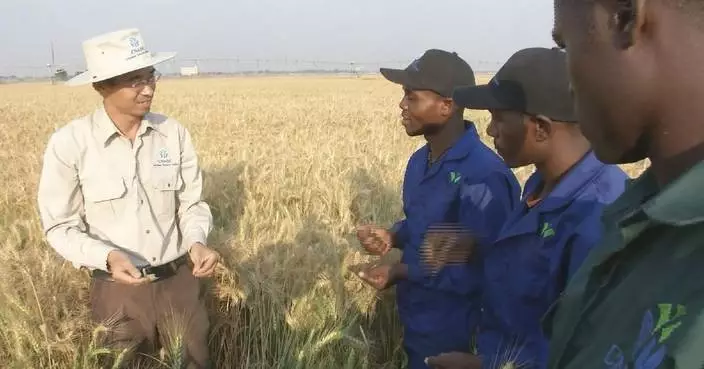China has removed all market access restrictions for foreign investors in the manufacturing sector, a landmark move made by the world's second-largest economy as it expands opening up.
The new edition of the national negative list for foreign investment took effect on Friday, scrapping the two remaining manufacturing-related items on the previous list.
The items on the latest negative list, which specifies fields that are off-limits to foreign investors, have been further slashed to 29.
Another negative list applied in the country's free trade zones, which are pioneering pilots in opening up practices, achieved zero-restrictions on foreign investment in manufacturing in 2021.
The two newly opened items for foreign investors are printing publications, applying traditional Chinese medicine processing techniques and producing proprietary confidential prescriptions for Chinese medicine.
The industry of traditional Chinese medicine, seen as a unique treasure of the Chinese nation, is ready for the influx of foreign investment.
"We welcome the foreign investment to invest to enlarge our work site because our demand is much bigger than the production capability," said Wang Jinhui, Manager of Guangxi Golden Throat Group.
China has introduced a negative list system within its free trade zones since 2013, marking the start of a gradual process to liberalize foreign investment.
Experts believe this approach is likely to create a "catfish effect" in the industry, stimulating competition and innovation.
"It will certainly bring about certain challenges and competition, particularly in emerging sectors, high-end industries and advanced manufacturing, which will present difficulties for China's domestic enterprises. However, I believe these challenges are two-sided," said Cao Zhongxiong, assistant president of China Development Institute and director of Digital Strategy and Economic Research Center.
China has seen steady foreign investment growth in its high-tech manufacturing in recent years. In the first nine months of this year, the medical equipment and instrument manufacturing industry, as well as the computer and office equipment manufacturing sector, saw actual utilization of foreign investment up 57.3 percent and 29.2 percent year on year, respectively.
"[In the process of opening up,] China provides a better and fair environment for industries and funds worldwide, allowing foreign capital to benefit from China's advantages and market within a more open environment. By doing so, it will also promote the development of China's manufacturing sector," said Cao.
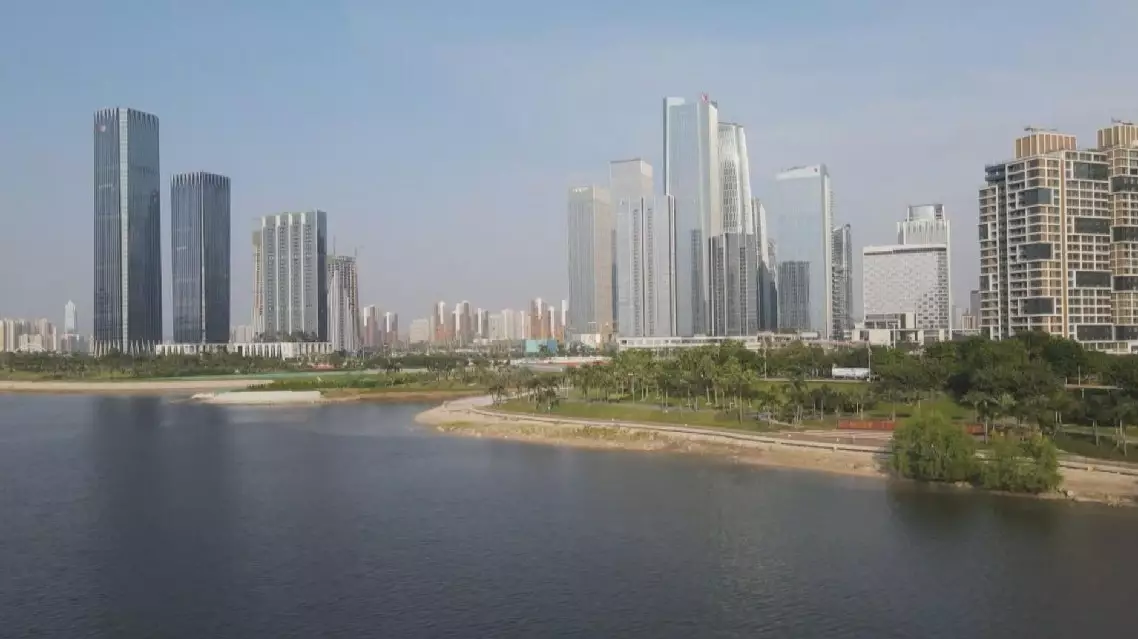
China fully opens manufacturing sector to foreign investors
Samarkand, an ancient city in Uzbekistan with a history spanning thousands of years, is captivating visitors from all over the world with its unique architectural style and rich cultural heritage.
As a UNESCO World Cultural Heritage Site, this treasure of Central Asian civilization is at the heart of the ancient Silk Road and stands as a testament to the Road's vibrant history.
Beneath its iconic blue domes lies the final resting place of Amir Temur, the formidable "Iron King."
In the 14th century, under Temur's rule, Samarkand reached its peak. The once undefeated ruler fought and expanded his territory all his life, and died on his way to China. Timur once aspired to build one of the most spectacular cities in the world -- and he succeeded.
The dome covered with blue tiles can be seen all over the city even today. The color symbolizes the sky, power and peace.
Registan Square, along with the surrounding Madrasah complex built by Temur's descendants, remains a central landmark. These architectural masterpieces, transcending their religious origins, have been part of the UNESCO World Heritage list since 2001.
Throughout the year, Samarkand draws a steady stream of tourists and newlyweds.
"My home is nearby. Of course I want to take my most important wedding photos here," said a resident.
"They have so much deep-rooted history, culture and color. I'm an architect, so this is all endlessly fascinating for me," said a tourist from India.
Romantic tales continue to unfold in modern times, one of the most touching being that of a Dutch family whose connection to Uzbekistan began in the historic city of Khiva.
"(In Khiva) There was this place where you can get water from a deep well. So we asked what is this? And the locals say it is a well of fertility. And then a lady asked: 'Do you want to drink it?' My wife said 'Yes, I would like to!' And one month later she was pregnant. This is our daughter, her name is Khiva," said a Dutch tourist.
As their children have grown, the family cherishes their memories of Uzbekistan, keeping the country's allure alive.
To harness its cultural heritage as a tourism asset, Uzbekistan has established the Silk Road University in Samarkand, focusing on tourism as a key discipline.
The university was built in 2018 at the suggestion of Uzbek President Mirziyoyev at the SCO summit in Qingdao.
"The entire university is mainly for training talents for the tourism and cutural industries. It started to recruit students right after its foundation in 2018 and offers undergraduate, postgraduate and doctoral degrees," said Zou Tongqian, Vice President of the Silk Road International University of Tourism and Cultural Heritage.
The degree programs cover historical and cultural archaeology, cultural heritage study, translation, foreign languages and literature. All courses are taught in English, with Chinese and Russian as compulsory courses.
"We are studying museology. If there's a chance, we would love to do more research and discoveries in this country," said Xie Shuang, a student.
"I feel a strong vibe of cultural exchange. In our class, we are joined by Russian students, Hungarian students," said Chen Ruisi, another student.
In recent years, Uzbekistan has established a visa-free system with more than 90 countries, including China.
The Travel and Tourism Development Index 2024 report shows that Uzbekistan has risen from 94th in 2019 to 78th in the overall ranking, an increase of 7.8 percent, becoming the fastest-growing economy in the index in the past five years.
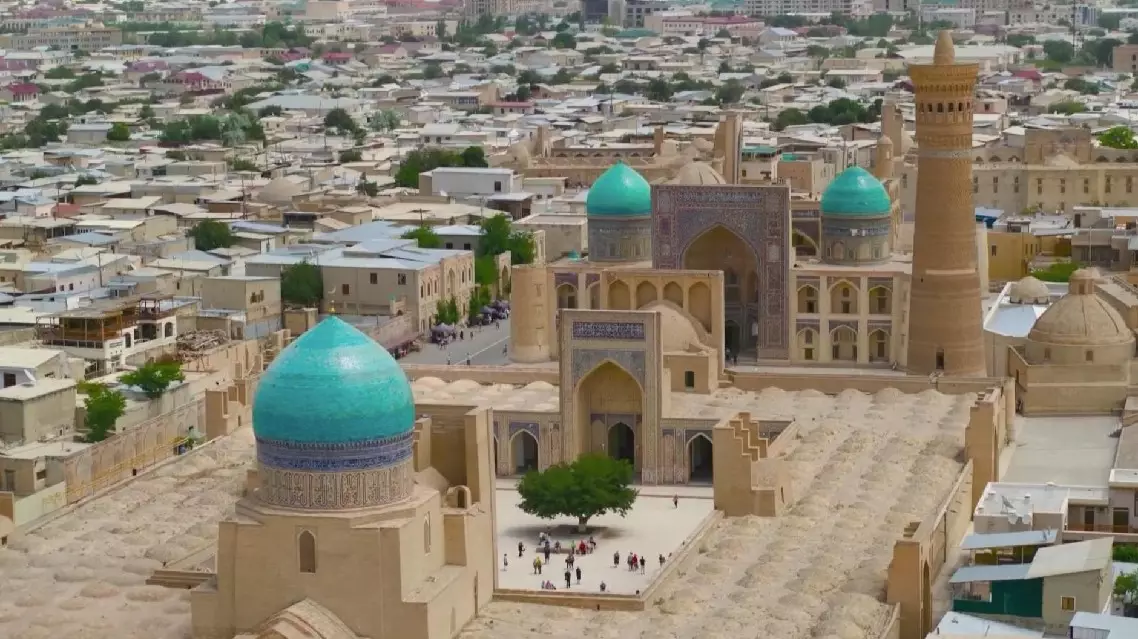
Uzbekistan's ancient city captivates world tourists with cultural splendor




